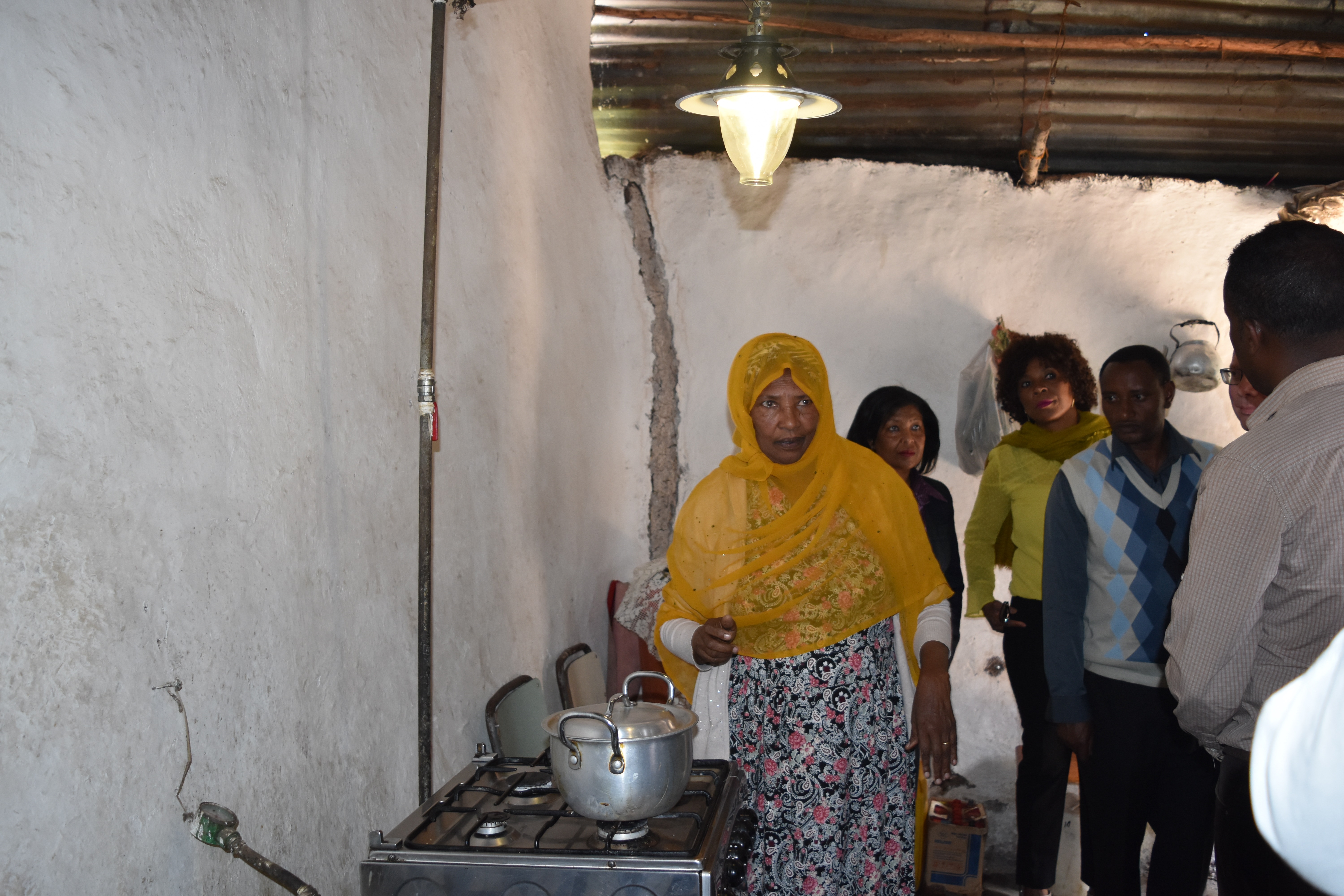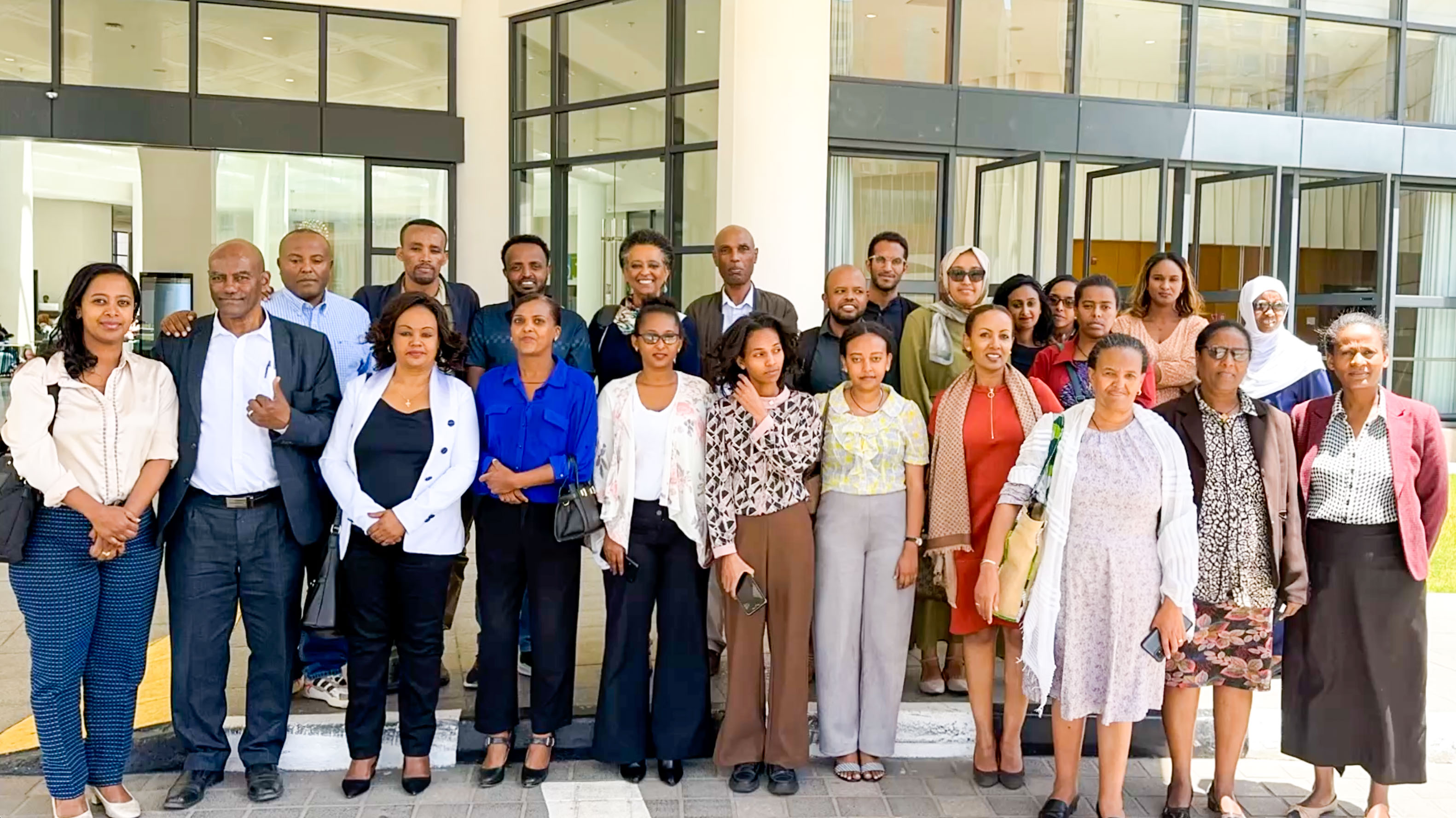Drawing Ethiopia's Agenda to Pave the Way for Clean Energy with Bold Investments
Clean Energy Investments
March 21, 2024

In a rapidly changing world, Ethiopia committing to step up to lead the charge in clean energy investments, showing that sustainable development is not just a dream but a tangible reality. With a strategic vision to build a greener, more resilient economy, the country has made impressive strides in harnessing the power of renewable energy to tackle its energy challenges.
Ethiopia's commitment to clean energy is grounded in the belief that access to affordable, reliable, and sustainable power is critical for economic growth and development. But it's not just about meeting the energy needs of today—it’s about ensuring a brighter, greener tomorrow for generations to come. Thanks to groundbreaking initiatives backed by international support, Ethiopia is poised to transform its energy landscape and become a regional leader in renewable energy.
Harnessing the Power of Nature
One of the country’s key moves is its investment in renewable energy sources like hydro, wind, and solar power, all of which are abundant in Ethiopia’s diverse landscapes. The Grand Ethiopian Renaissance Dam (GERD), for example, is a game-changer in the country’s hydroelectric capacity, promising to generate over 6,000 megawatts of power once completed.
But Ethiopia isn’t stopping at large-scale projects. The government is also pushing for off-grid renewable solutions, helping to bring clean, affordable electricity to rural communities. In many parts of the country, solar panels and wind turbines are already helping to improve lives by powering schools, health clinics, and small businesses.
Investing in the Future
Ethiopia’s renewable energy vision is attracting global attention and investment. International organizations like the United Nations Development Programme (UNDP) and the Green Climate Fund (GCF) are playing a critical role in supporting the country’s efforts, providing funding and technical assistance to drive forward clean energy projects.
One notable success is the Scaling Solar initiative, which has already led to the construction of solar plants that are bringing electricity to thousands of Ethiopians, reducing dependency on imported fuels, and cutting carbon emissions. These initiatives are not just helping to combat climate change—they are also creating jobs and stimulating local economies, proving that clean energy can be both sustainable and economically viable.

The platform created an opportunity for more than 32 experts drawn from the Ministry of Water and Energy (MoWE ), Ministry of Women and Social Affairs (MoWSA), women's national networks, women-led CSOs and groups to learn and reflect on the gender & energy nexus and relevant policy frameworks, draw lessons from best practices of mainstreaming gender in energy policies and programmes.
With this great ambition and to contribute to the gender equality strategy, UNDP is implementing a flagship Powering Equality programme to pilot innovative approaches in Ethiopia, as well as Eswatini, Madagascar, and Malawi.
A Bright Future for All
As Ethiopia continues to expand its clean energy investments, the future looks bright. Not only will the country strengthen its energy security, but it will also improve the livelihoods of its people and contribute to the global fight against climate change. Through international partnerships, innovative solutions, and unwavering determination, Ethiopia is proving that the transition to clean energy is not only possible, but essential for a prosperous and sustainable future.
Ethiopia's journey toward clean energy is an inspiring example of what can be achieved when nations work together to create solutions for a better tomorrow. The country’s story is one of hope, resilience, and progress—a story that continues to unfold as Ethiopia leads the way to a cleaner, greener world.

 Locations
Locations